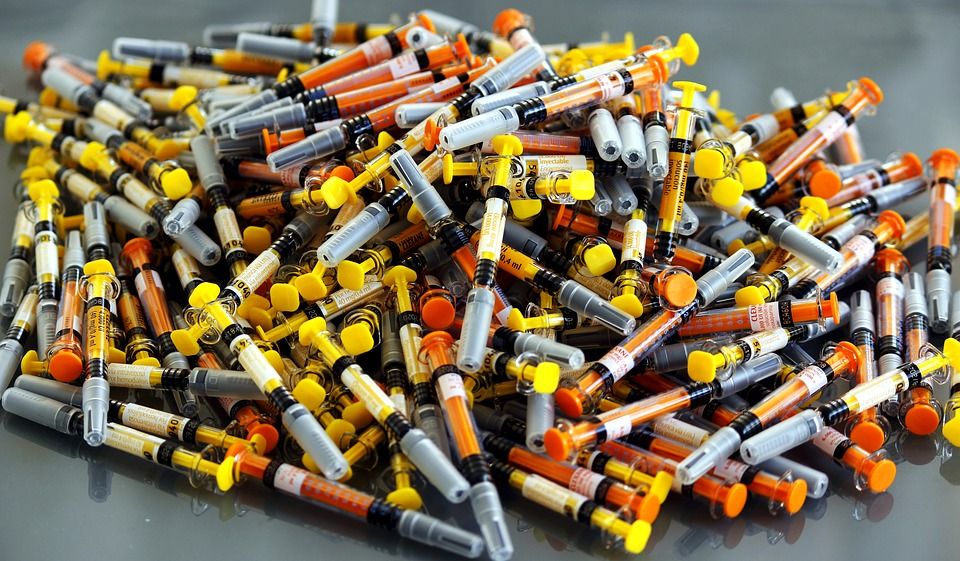In an extensive study involving 1.4 million women and girls between 2007 and 2016, the Statens Serum Institut concluded there was no link between the HPV vaccine and a range of neurological disorders.
Typically, the HPV vaccine is administered to girls at the age of 12, but support for it fell following a number of negative media stories emerging in 2013.
Getting popular again
In 2015, a TV2 documentary ‘The vaccinated girls’ revealed how a number of vaccinated women described symptoms of fatigue and nausea following its administration.
One study showed a 50.4 percent decline in HPV vaccinations between 2013 and 2016, but take-up rates are once again on the rise. The vaccine is intended to protect women from a number of carcinogenic strains of the virus.
READ MORE: Media fans flames of HPV vaccine
Doctors forced to change view on diabetics
Despite the previous belief that type-2 diabetes doubled a patient’s likelihood of developing blood clots in the heart, recent research from Aarhus University and Aarhus University Hospital shows this is not the case. Instead, there is no change in the clot rate between diabetics and non-diabetics. Researchers argue it is likely that improved drugs are behind the development.
Covid riddled patients offered place on drugs trial
For those who have not been hospitalised by the disease, Aarhus University and Aarhus University Hospital have offered the chance to participate in the testing of a drug thought to be beneficial to COVID-19 patients. Researchers hope it could be used by people with milder symptoms to reduce the severity and duration of their infection.
Talented researchers come to Denmark
Following a 25 million kroner grant from the Novo Nordisk Foundation, four researchers sought out from the corners of the globe have set up laboratories in Copenhagen and Aarhus. The researchers specialise in biomedicine and biotechnology.
Fake skin to aid understanding
It is hoped that genetically engineered human skin, developed by researchers at Copenhagen University, will provide new insights into the treatment of diseases such as psoriasis and cancer. Previously there had been very little understanding of the way in which human skin is formed.
Demands for AI to support green revolution
The European Research Council have given an 11 million kroner grant to support the introduction of artificial intelligence into the electricity sector. It is believed that AI can significantly decrease the time and resources taken to carry out the calculations that ensure a stable supply of electricity.
Satellites to shed light on floods and droughts
A new study from Danmarks Tekniske Universitet suggests that satellite measurements can be used to predict floods and droughts. As threats of such climatic events increase, such methods and results are in greater demand than ever before.















